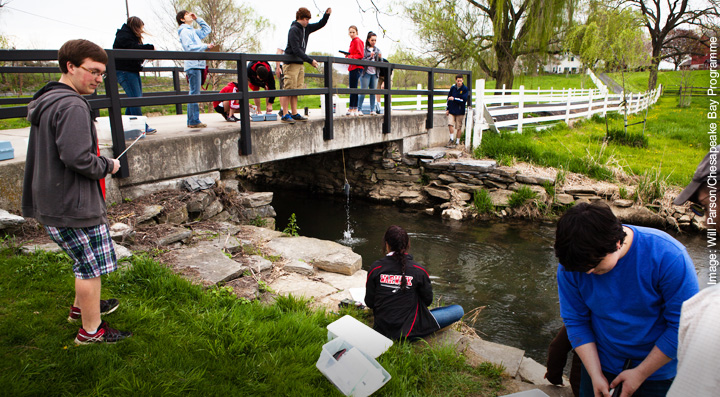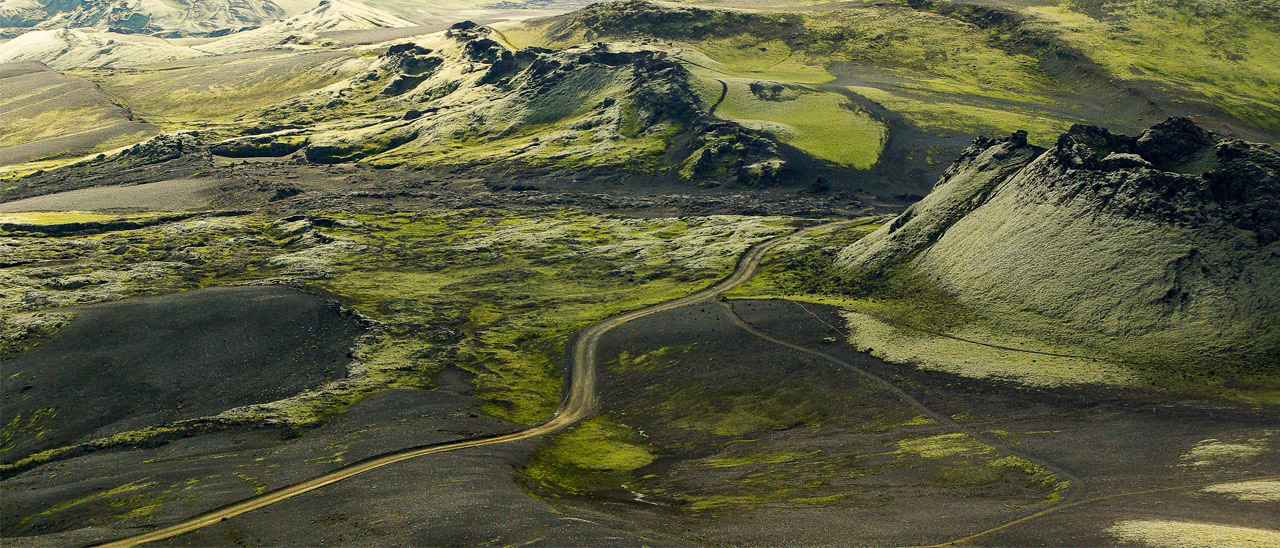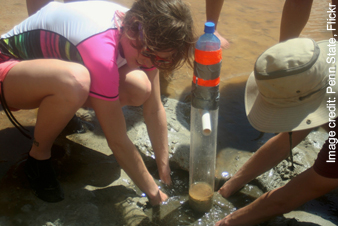From a Geology Degree to a Career in Teaching
A teaching career provides the challenge and opportunity of interacting with young people. The profession provides a range of job opportunities, good promotion prospects, a reasonable salary system and clear career structures.
How do I get there?
There are several ways in which you could use your degree in Geology, Geoscience or Earth Science, as the basis of a teaching career in schools. These involve taking a Post / Professional Graduate Certificate in Education (PGCE) at a Teacher Training Institution, a School Centred Initial Teacher Training (SCITT) programme, School Direct (a school or schools working with an Initial Teacher Training provider, normally leading to a PGCE) or the ‘Teach first’ programme.
Geology is taught at A-level and/or GCSE at around 200 centres in England and Wales, including state schools, independent schools and sixth form colleges. A-level entries have been increasing recently. Since it is usually impossible to fill a timetable with geology teaching, most geology teachers also teach other subjects. As Earth science forms a small part of the National Science Curriculum and the National Geography Curriculum in England, Wales and Northern Ireland, most geology teachers also teach in one of those areas.
All the current routes below, both Higher Education Institution-based, and School-based, require the payment of tuition fees, but student loans are normally available for home and European Union students.

Routes into Teaching
Quick Links: PGCE's: Primary School | Secondary School: Geology | Science | Geography | School-based programmes: SKITT | School Direct | Teach First
PGCEs - Primary school teaching:
One route into Primary school teaching is taking a PGCE in Primary Education; courses are provided by many Teacher Education institutions in the UK. Tuition fees are determined by individual institutions and range up to £9,250 (2017/18). Bursaries range from £0-£6000 (2017/18) depending on degree classification (1st, 2:1, or 2:2) and subject specialisation.
PGCEs - Secondary school:
Teaching Geology
PGCE courses in the UK do not currently offer Geology as a stand-alone subject specialism, however the OAKS SCITT (linked to Keele University) offers PGCE places for training either as a science/geology teacher or a geography/geology teacher. Another geology teacher-training route is to train as a secondary school science or geography teacher through one of the routes described below, and then to undertake the week-long Summer School ‘Teaching and Learning in Geoscience Education’ module at Keele University. The course trains teachers in A-level geology teaching, runs in July and is free of charge to those in receipt of one of the industrial bursaries.
Teaching Science
By taking a PGCE (including the School Direct route) in Secondary Education, specialising in one of the main Science specialisms (Biology, Chemistry, Physics); these courses are provided at many teacher education institutions in the UK. Most require two Science subjects at 'A' level or their equivalent. All school Science courses include an element of Earth Science. Once in school, teachers can teach any subject that the school will allow them/require them to, so there may be opportunities for teaching GCSE or A-level Geology. Tuition fees are determined by individual institutions and range up to £9,250 (2017/18). Bursaries range from £0 to £30,000 depending on degree classification (1st, 2:1, 2:2) and science subject specialism.
If you don't have sufficient subject knowledge to follow your chosen area, you can apply for a Chemistry/ Physics Subject Knowledge Enhancement (SKE) course which provides academic teaching in Chemistry/ Physics in the context of the school curriculum and practice in the classroom. Successful completion of the SKE course enables progression to a 1-year PGCE, School Direct or SCITT course providing a specialism in Chemistry or Physics. You should contact the Department for Education (DfE)/National College for Teaching and Leadership (NCTL) for further information or providers of SKE courses.Teaching Geography
By taking an Initial Teacher Training programme in Secondary Education, specialising in Geography, provided at many Teacher Education institutions in the UK. Most courses require that at least half your degree is in Geography. Fees are as above and bursaries (2017/18) range from £0 to £28,000, depending on degree classification.
School-based Programmes:
Teaching through the School Centred Initial Teacher Training (SCITT) programme
This involves training in school with most training taking place in the ‘lead’ school. Most programmes are validated by a Higher Education institution and programmes lead to the award of a PGCE. A number of programmes award Qualified Teacher Status (QTS) only.





